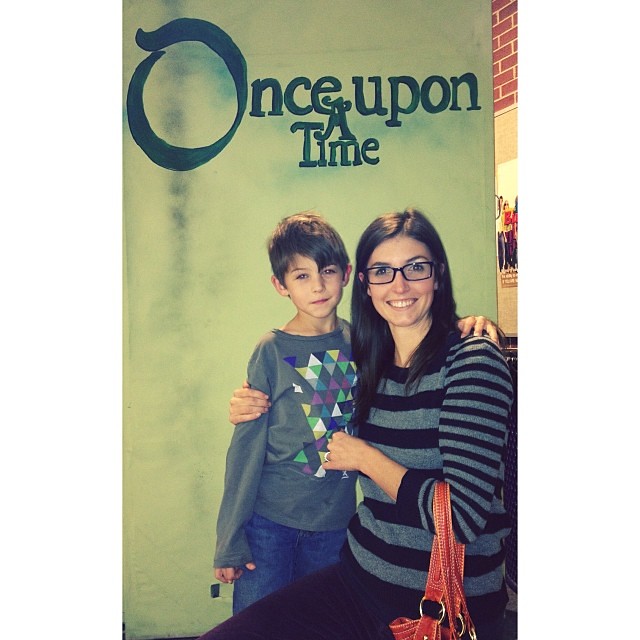
Certainly one useful method of drawing out and crafting a story is to follow a traditional plot arc, and if you allow for a variety of stakes to be still worth telling a story about, then most stories with an "end" can easily land here. But a story arc and its components are not enough to explain what makes a story "work."
While I think I'm reasonably proficient at enjoying well told stories in a variety of mediums, I don't consider myself a proficient storyteller. I blame my tendency to rush things, which can in turn be blamed on my very demanding life. I tell a lot of stories - largely to my kids or on my languishing personal blog, but not with the sort of captivation that I recognize in stories that I love to consume.
I recognize that in my typical rushes, a large part of what I'm missing is appropriate pacing and illustrative detail. If I can draw out suspense, increase the stakes, and reveal character and do more foreshadowing through specific, sensory details, it'd go a long way.
I actually find screenwriting to be a relieved way of telling a story for me, largely because the pressure of executing visual details and of pacing would both fall to someone else in telling the actual story. But, conversely, there is a difficulty in screenwriting, in that the creator of a screenplay is not at liberty to realize their vision, and what a director perceives, followed by what is actually produced are both bound to differ by degrees from a writer's original thought. The decrease in ownership of the story is potentially complicated.
However, for the purposes of this class, nobody but myself is likely to have a desire to execute anything I write, so I can write as though I am creating an outline for myself, in an effort to organize a conceptual story into an executable project. There is certainly a danger of including too little information in the screenplay under these conditions, but it seems that that would be a lesser evil than including too much.

No comments:
Post a Comment